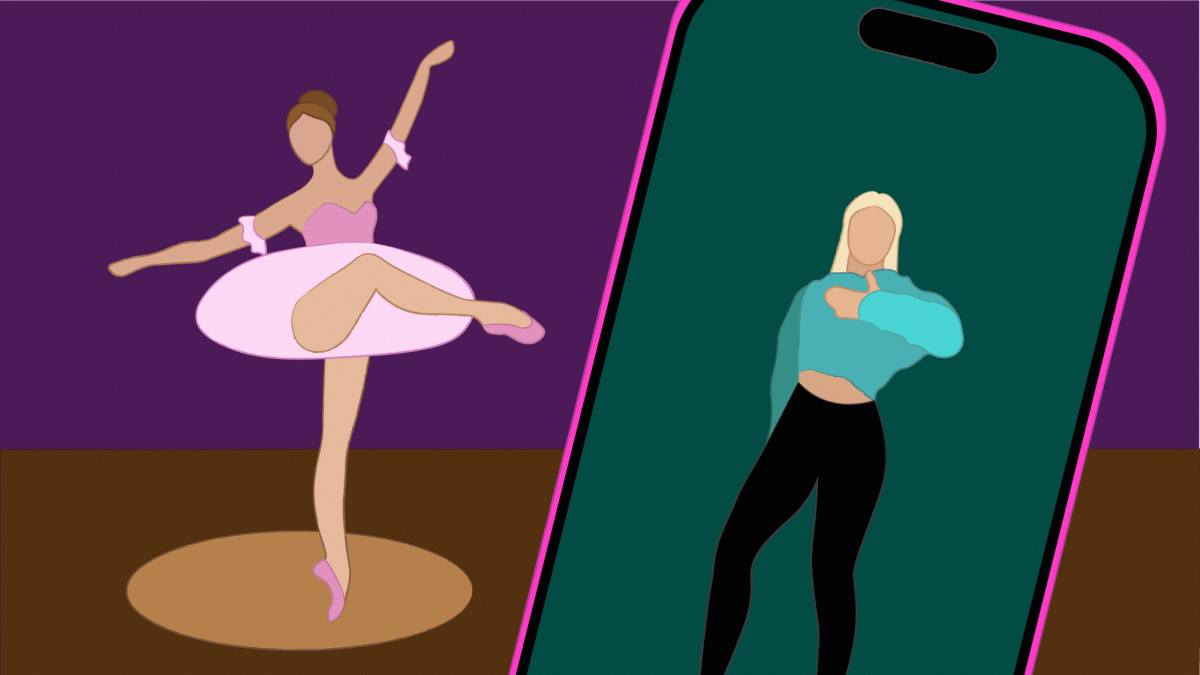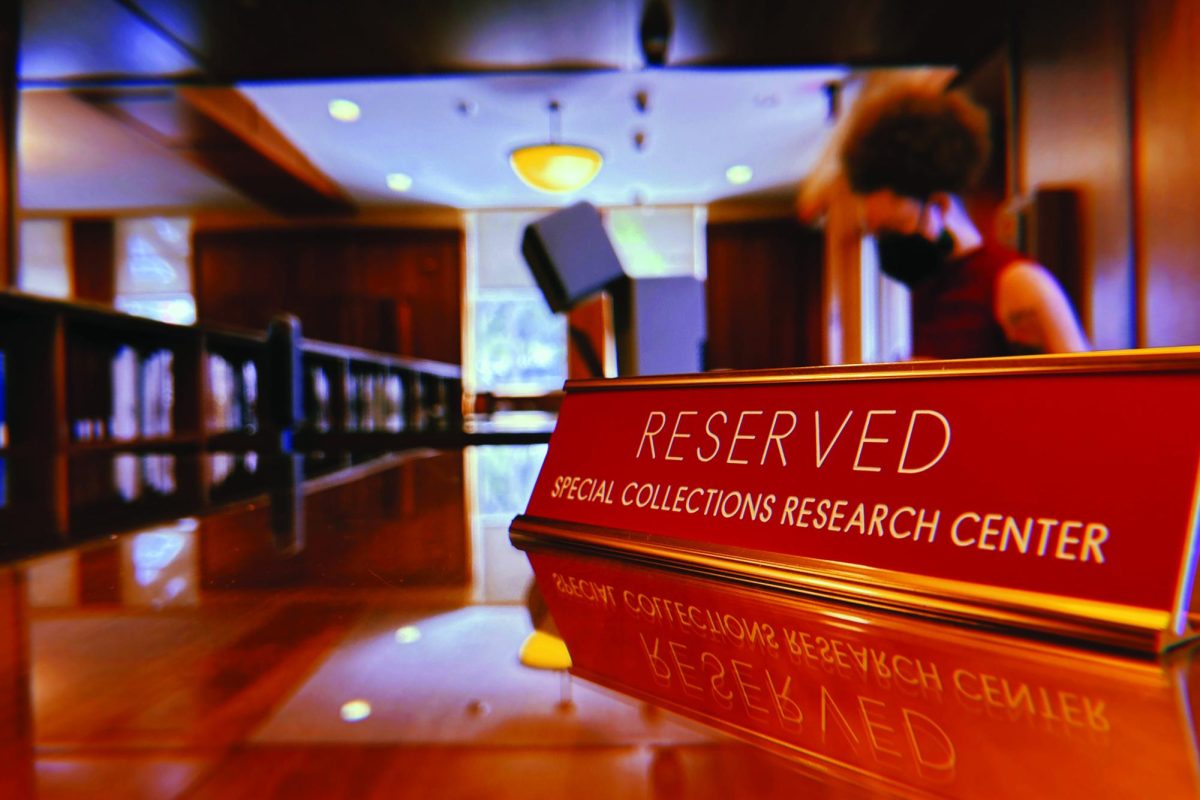By invitation, I give talks to student groups around campus. A couple weeks ago, I gave a presentation to students in our University’s Honors Village. It was one of those laid back, get-to-know-the-professor kind of gatherings.
My job was to share my history as a research scientist with the students. To do that, I had to walk them through my life, starting from my Navy experience; it was in the Navy my personal and scholarly interest in race relations and diversity really came to life.
In my lecture, I talked to the students about creating and teaching my Interpersonal Relationships and Race course. We have eliminated the immoral laws of racial segregation. What’s left now, our greatest challenge, is learning to interact with each other as equals. You see, we live in a time when contact with people who do not look like or even sound like us is unavoidable. So we struggle with the neo-diversity question, who are the “we” and who are among the “they.”
But as I tell my students, everybody on our campus is a “we,” and everyone in your classes is a part of the Wolfpack . Our challenge today is to accept and live in that reality.
That evening, I got an email from one of the students who attended. She wrote:
“I just wanted to thank you for sharing your experience and perspective on diversity with us at the Honors Colloquium. I attended a large public high school, where the bottom line was ‘diversity is good.’
However, I’ve often asked myself: What is diversity, exactly? Why is it such a big issue? Your perspective and the whole idea of a “we” has given me a much deeper understanding of diversity and why it’s so difficult, especially for Americans, to find peace with it.”
It’s not necessarily about putting the Chinese, African Americans, Caucasians, etc. into a room together — it’s about developing understanding and acceptance. I think this interpersonal connection is a societal necessity that a lot of people do not understand and therefore do not strive for.
Turns out, we continue to do a lousy job of teaching young people about diversity and why it is important in America. We continue to offer only sound-bites like “diversity is good.” Having been given no substance, young people leave high school confused about diversity. And too often, young people end up at colleges and universities where that confusion continues because there too you get nothing but “diversity is good” sound-bites.
But what the email from that young woman tells me is that students at N.C . State want substance; you are looking for a real understanding. That email and what I see happen to students in my class tells me once students come to understand that the real challenge today is interpersonal, they feel better, calmer, and more prepared to live, go to class, and eventually work within a diverse community.
Dr. Nacoste is Professor of Psychology faculty advisor to “Wake Up! It’s Serious: A Campaign for Change.” http:// www.facebook.com /pages/Wake-Up-Its-Serious-A-Campaign-for-Change/143249339096798



